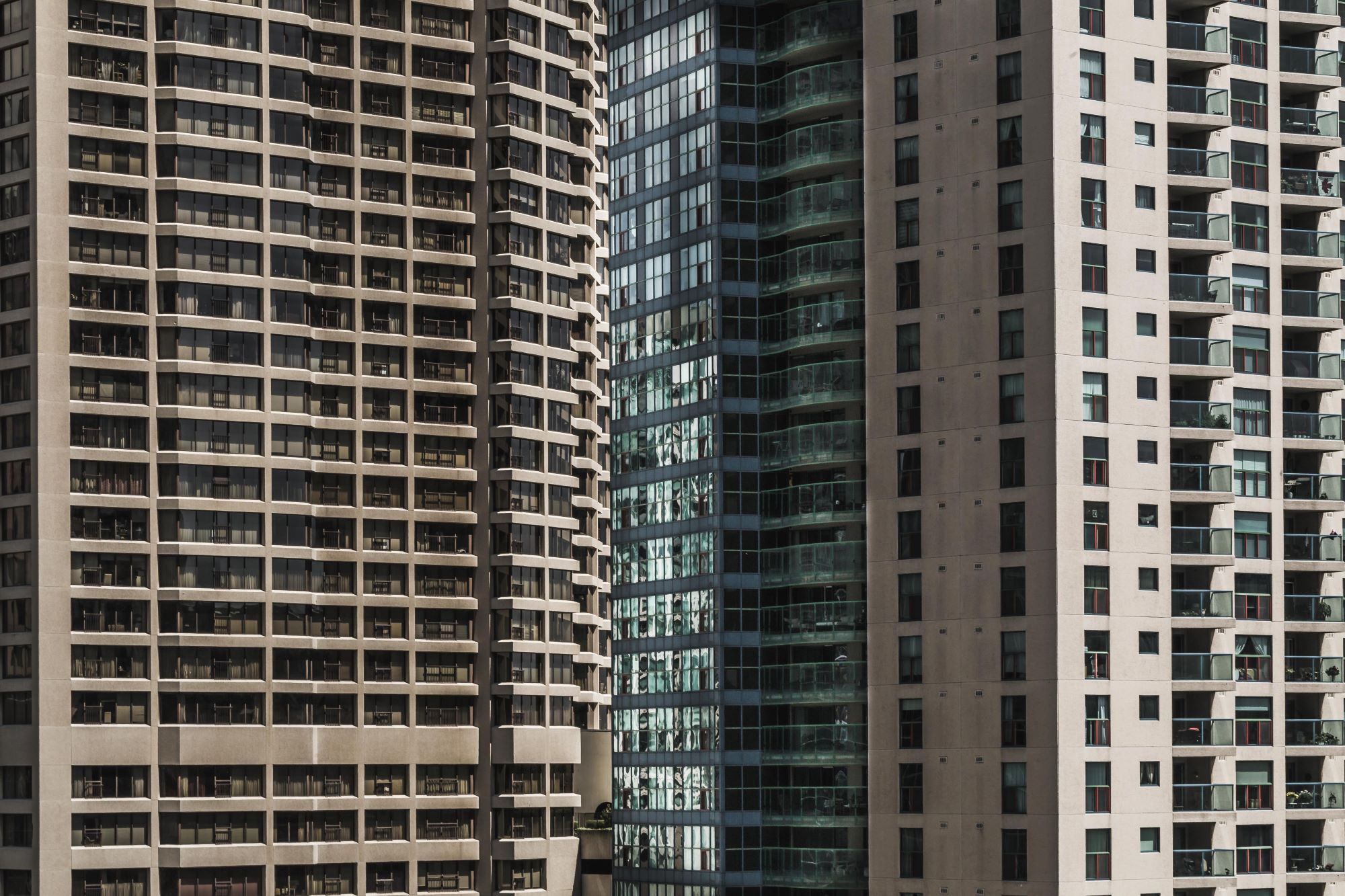Understanding Landlord and Tenant Law in Ontario, Canada
Introduction
In Ontario, Canada, landlord and tenant law plays a pivotal role in governing the rights and responsibilities of both landlords and tenants. Understanding these laws is crucial for maintaining harmonious landlord-tenant relationships and ensuring fair treatment for all parties involved. The Ontario Landlord and Tenant Board (LTB) serves as the primary authority overseeing disputes and enforcing these regulations.
Landlord Rights and Responsibilities
As a landlord in Ontario, you have certain rights and responsibilities outlined under the Residential Tenancies Act (RTA). Your primary responsibility is to provide a safe and habitable living environment for your tenants. This includes ensuring that the property meets all building and health codes, making necessary repairs in a timely manner, and maintaining common areas.
Landlords also have the right to collect rent on time and to evict tenants for valid reasons, such as non-payment of rent or breaching the terms of the lease agreement. However, it's essential to follow the proper legal procedures outlined by the LTB when seeking eviction.
Tenant Rights and Responsibilities
Tenants in Ontario are afforded various rights to protect their interests and ensure fair treatment by their landlords. These rights include the right to a written tenancy agreement, the right to privacy, and the right to a safe and habitable living environment. Tenants are also entitled to reasonable notice before their landlord enters the rental unit, except in cases of emergency.
Additionally, tenants have the responsibility to pay rent on time, maintain the cleanliness of the rental unit, and adhere to the terms of the lease agreement. Failure to fulfill these responsibilities may result in eviction or other legal consequences.
Procedures at the Landlord and Tenant Board
The Landlord and Tenant Board (LTB) is the designated authority for resolving disputes between landlords and tenants in Ontario. When a dispute arises, either party can file an application with the LTB to seek resolution. Common issues brought before the LTB include rent arrears, maintenance disputes, and eviction proceedings.
Once an application is filed, both parties will be notified of a hearing date where they can present their case before a tribunal member. The LTB will then issue a decision based on the evidence presented and the relevant provisions of the RTA.
Understanding landlord and tenant law in Ontario is essential for both landlords and tenants to protect their rights and fulfill their responsibilities. By familiarizing themselves with the Residential Tenancies Act and adhering to the procedures outlined by the Landlord and Tenant Board, individuals can mitigate disputes and foster positive rental experiences.
Jurisdiction
The Residential Tenancies Act is Ontario's law that governs the rights and responsibilities of both landlords and tenants. These rules encompass a wide range of issues such as rent increases, evictions, as well as maintenance. The Landlord and Tenant Board helps to solve disputes between landlord and tenants. That being said, the Landlord and Tenant Board does not have jurisdiction over all disputes between landlords and tenants. There are exceptions and for those people covered under the exceptions, such as people in units that share a kitchen or bathroom with their landlord's family, your recourse for any issues may be in either the Small Claims Court or the Superior Court of Justice.
Finding a Tenant and Executing a Lease Agreement
If you're a landlord looking to choose a tenant, there is certain information you may ask for to determine whether or not to rent to a particular lessee. Those questions must not be discriminatory. When you decide on a tenant, you may wish to sign a lease agreement, which is a contract between the owner and tenant. The lease agreement will usually cover the length of the tenancy, the amounts of rent, as well as what is included in the rent, such as utilities, parking, storage locker or cable. If you are a tenant and have been presented with a lease agreement to sign, you may wish to speak to a lawyer to help you understand this agreement or if you have any questions about the agreement. You should be aware of how much written notice you need to give your landlord in order to leave the unit.
Rent Increases & Above-Guidelines Rent Increase
Each year, a landlord is allowed to raise rent by an amount that is covered by a guideline. This guideline is set by the Ontario government each year. That being said, the guideline does not apply to new buildings that are occupied for the first time after November 15th, 2018. If the landlord wants to increase rents above the guideline, they must apply to the Landlord and Tenant Board and notify you 90 days before the increase. If you are a tenant being faced with a notice for an above guideline rent increase, speak to a lawyer today to understand your rights and how to potentially contest this increase at the Board.
Right to Enter
Landlords do not have unlimited rights of entry into an occupied rental unit. If there's something that needs to be fixed or inspected, the landlord must provide 24-hours written notice to enter a unit. This written notice has to contain certain details explaining why the entry is required. A landlord may enter if you consent, or in the case of an emergency. If a landlord is interrupting your right to use the unit by entering without your permission or without proper notice, speak to a lawyer today to find out how you can maintain your right to reasonable privacy.
Maintenance & Repairs
Landlords must keep the building as well as the units in a good state of repair. Landlords must comply with all health, safety and maintenance standards. Landlord is responsible for fixing anything that breaks or anything that is not working properly. A landlord is also responsible for pest control, for example mice or cockroaches, and must have treatment plans to ensure that the unit and the building are safe and clean for habitation. If you are a tenant and your landlord is not taking care of maintenance issues that you have identified, you should put your request for repairs in writing. Keep good record of any request you make. You may apply to the Landlord and Tenant Board for maintenance issues. Depending on where you live, there may also be programs in your municipality for the City to investigate the issue.
Ready to get started? Key Legal has Ontario Landlord and Tenant Lawyers ready to help you either through Zoom meetings or by telephone. You can either book an appointment or request a lawyer on-demand. Just use our booking page or our chat feature to get started!

